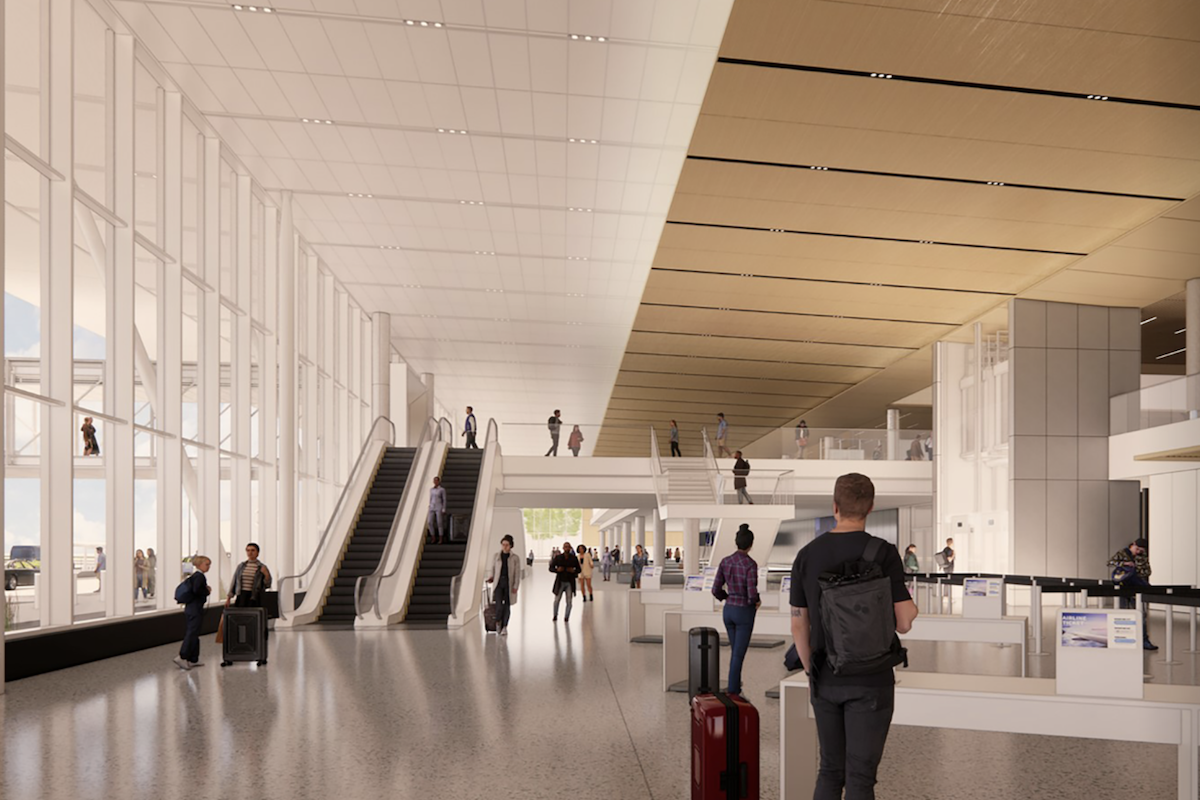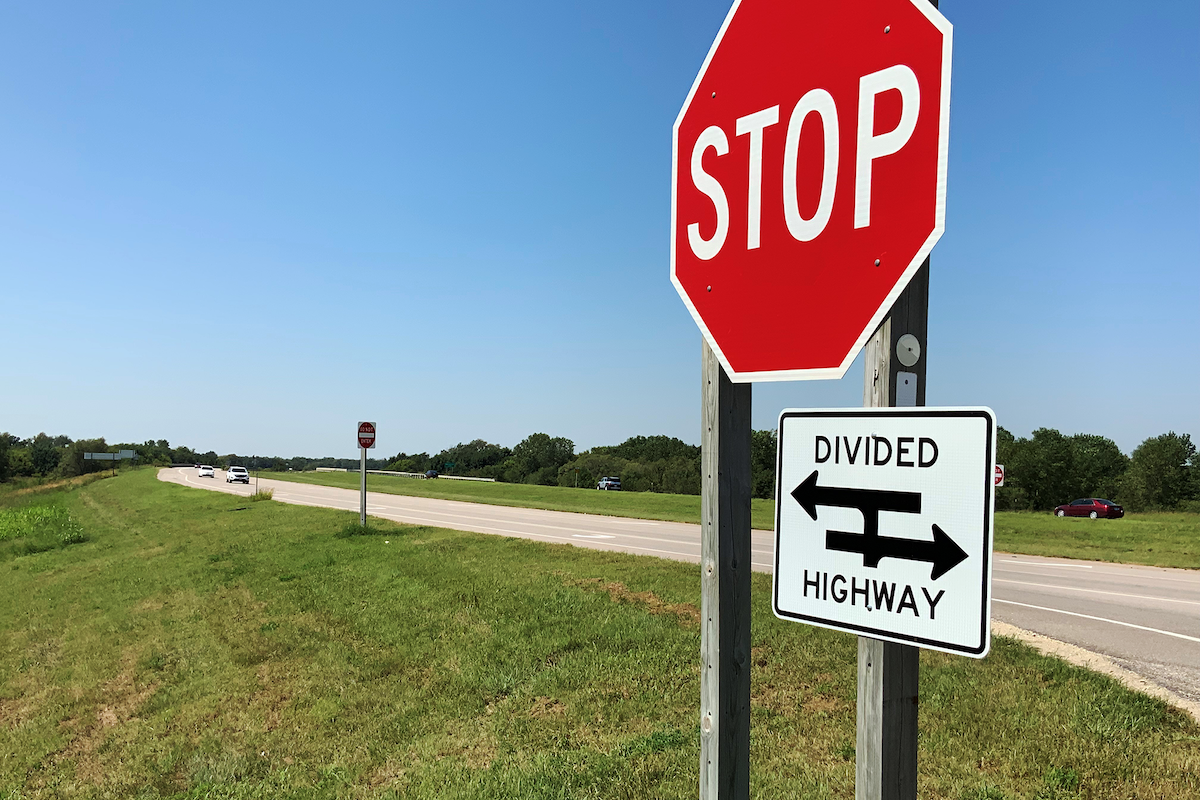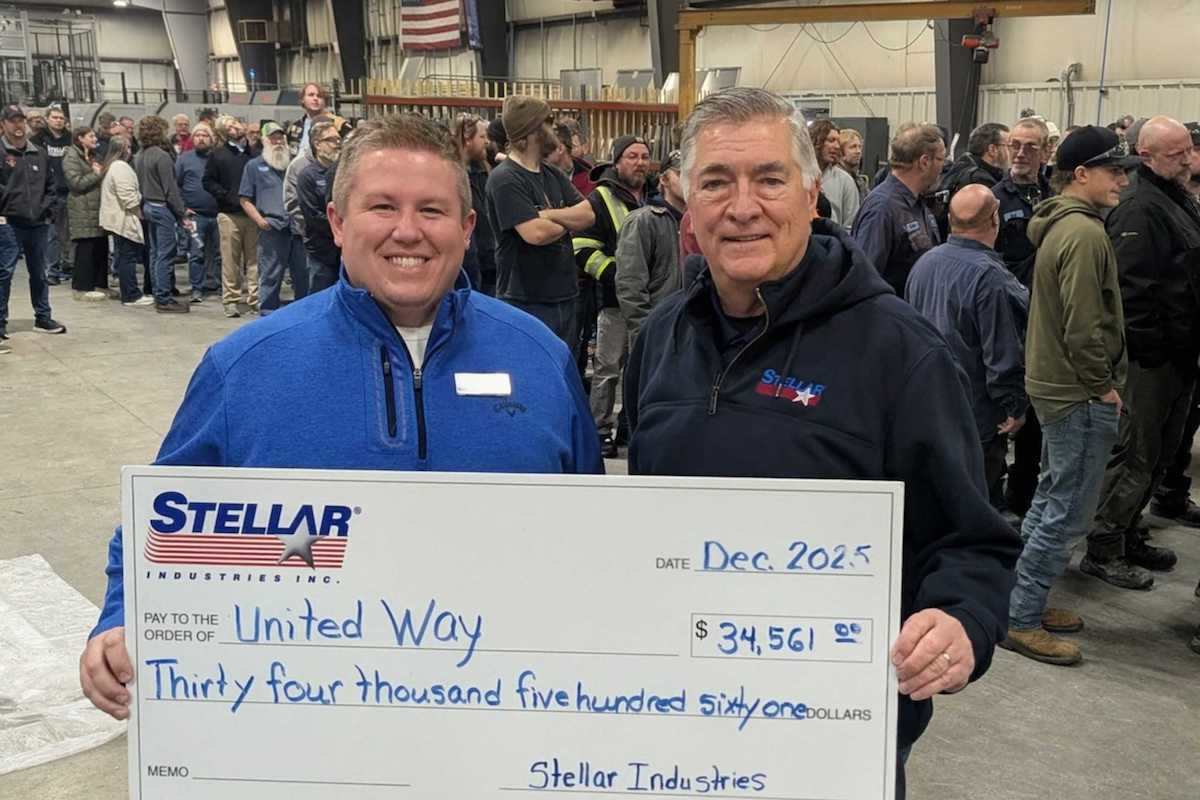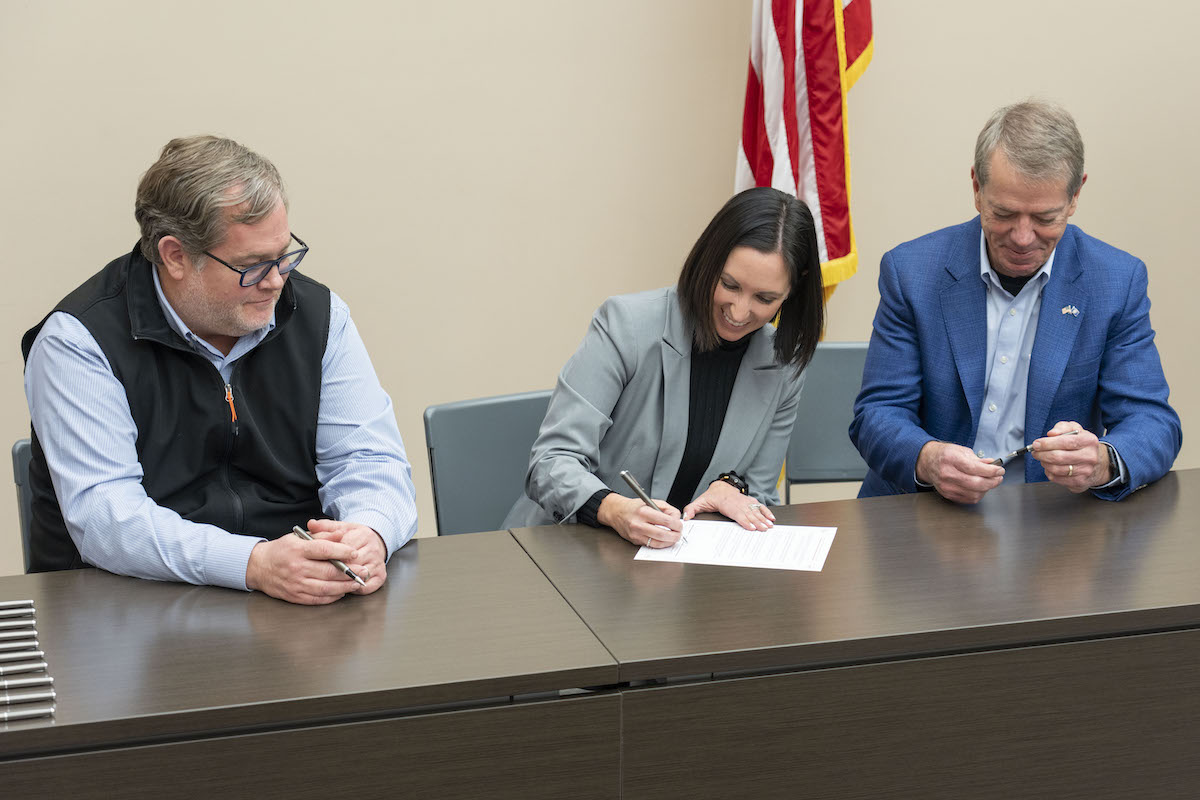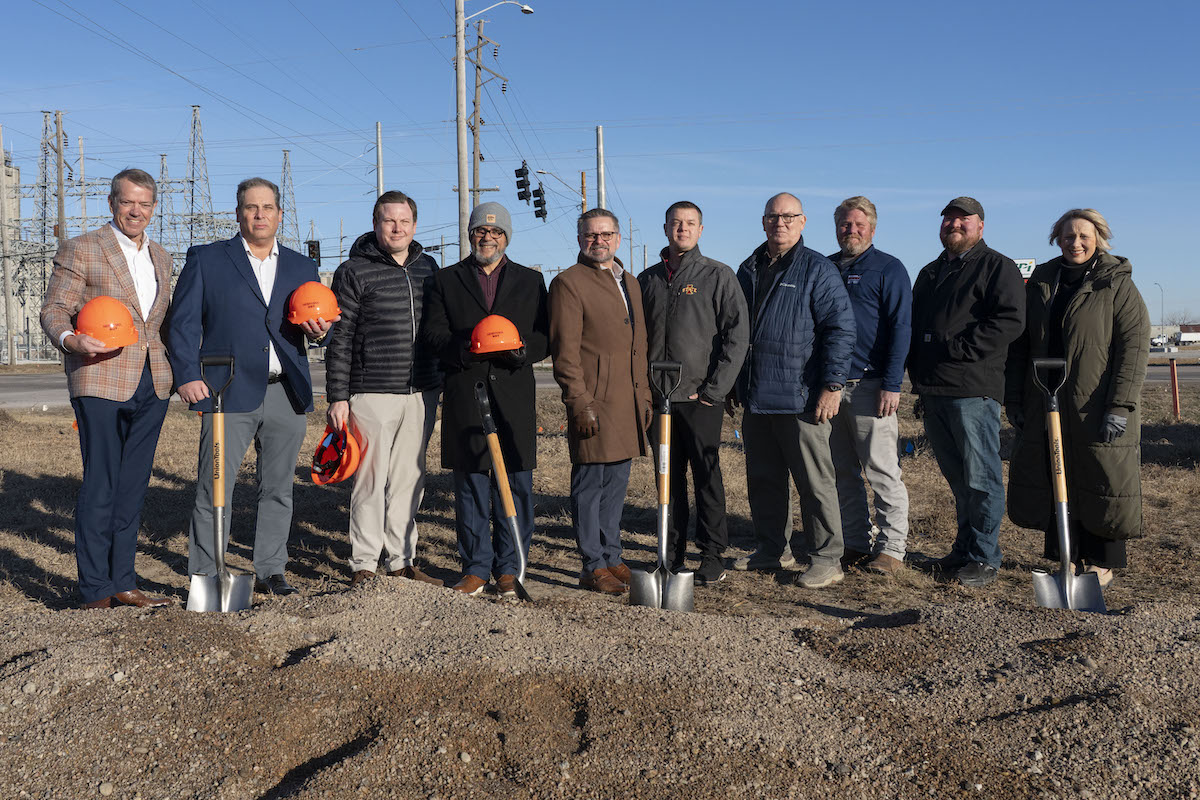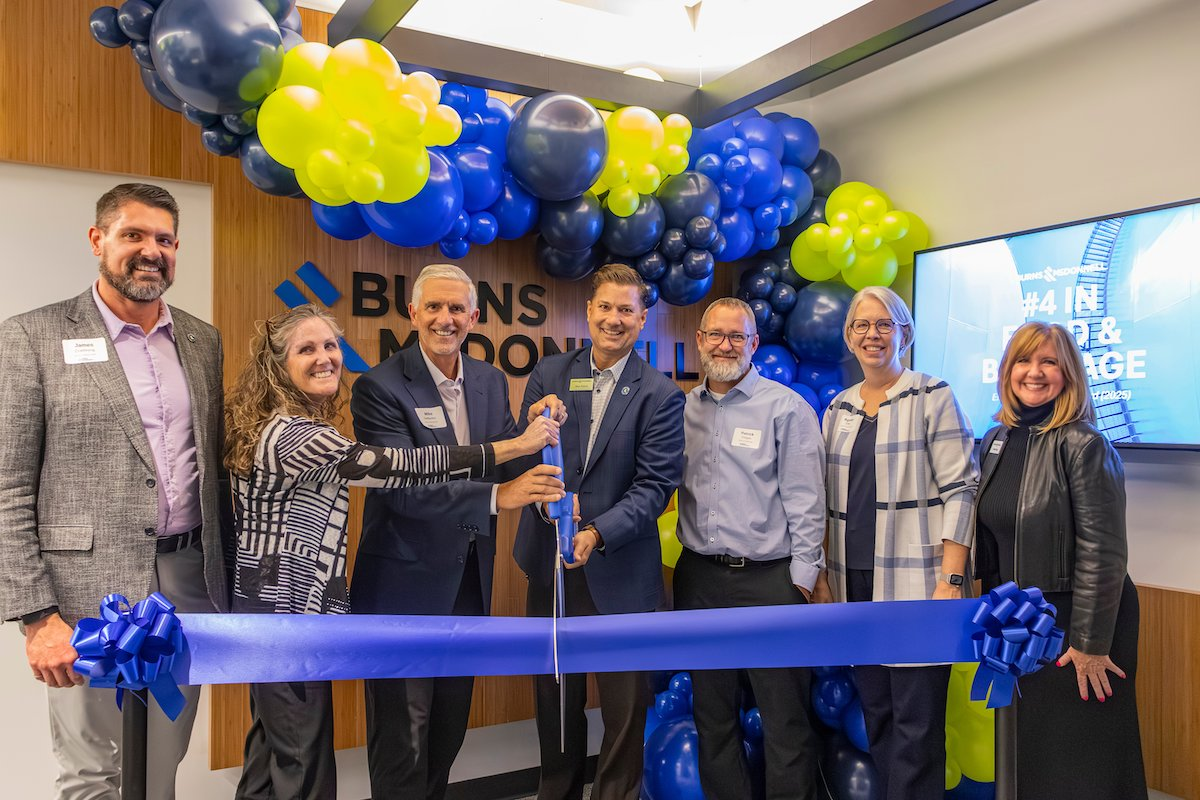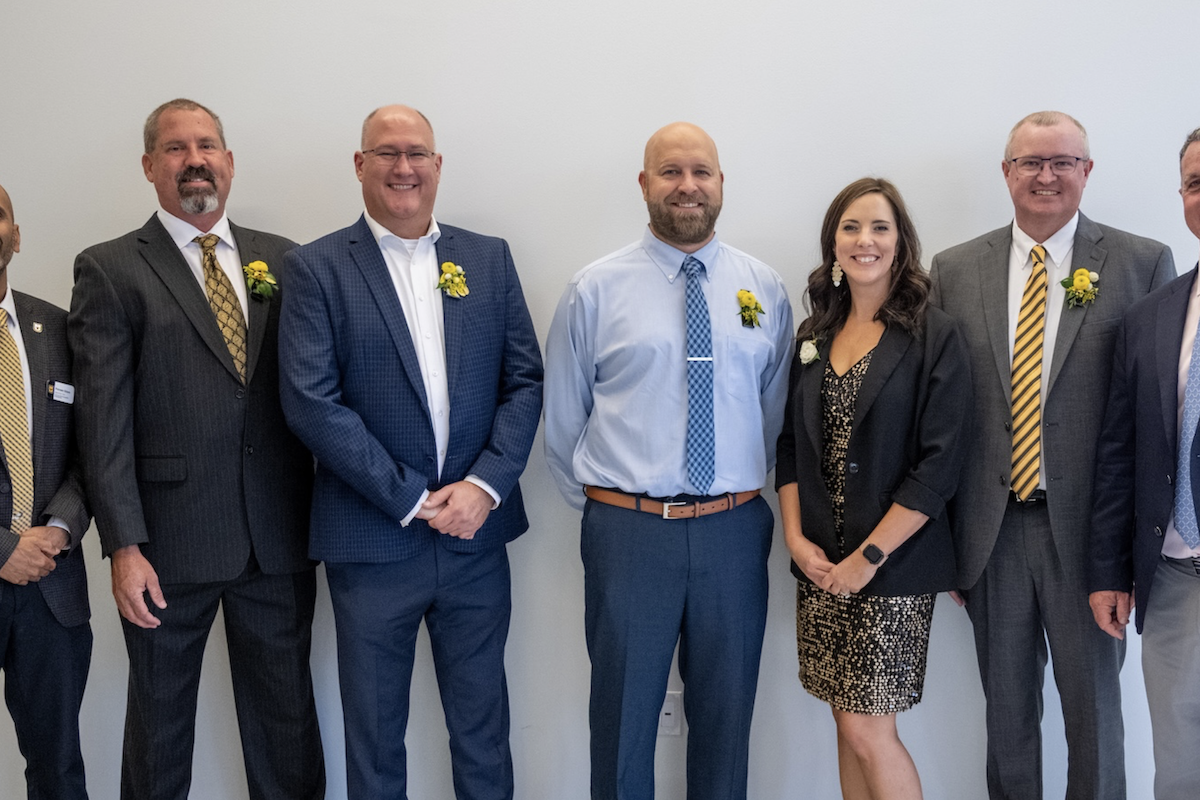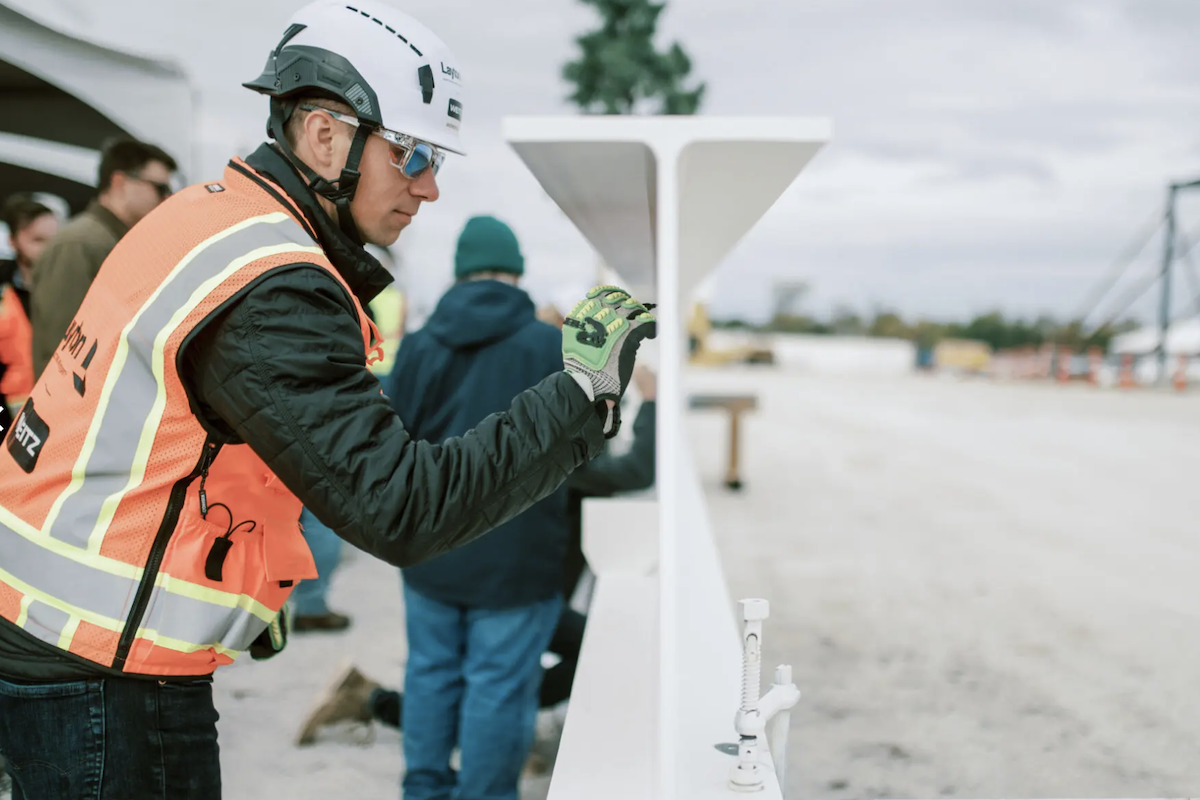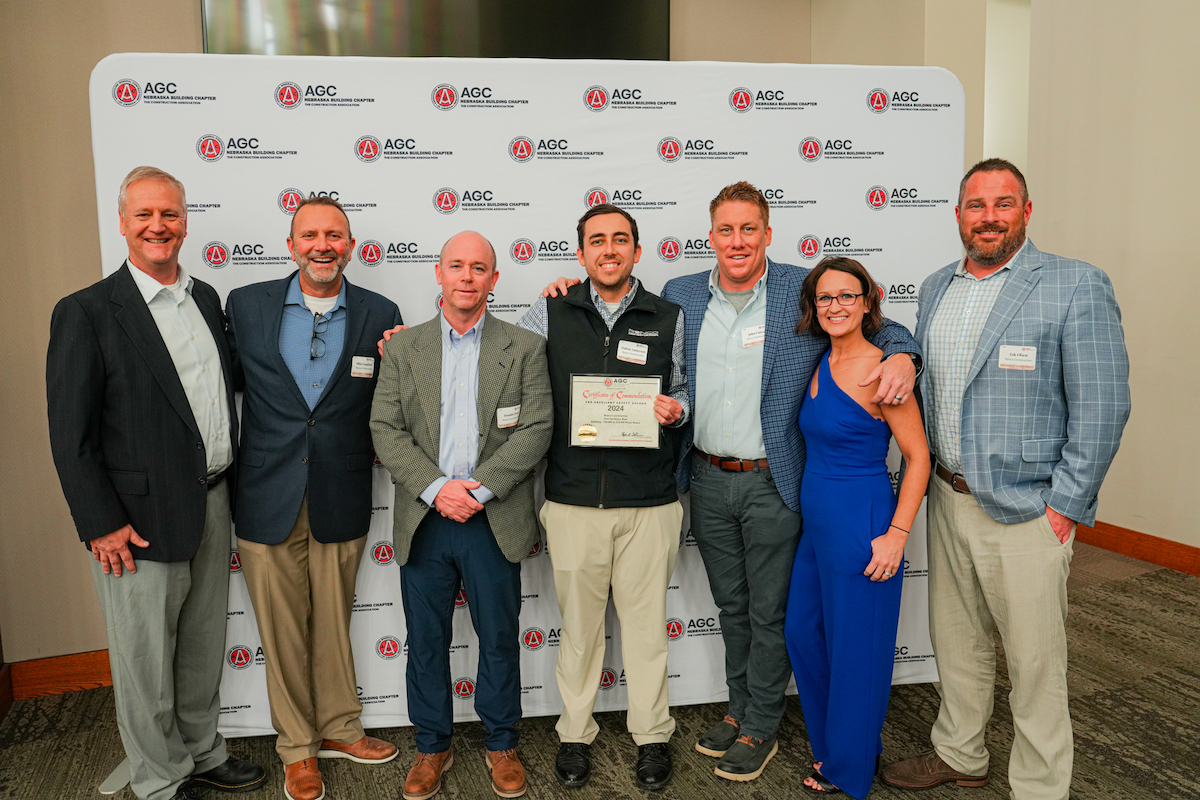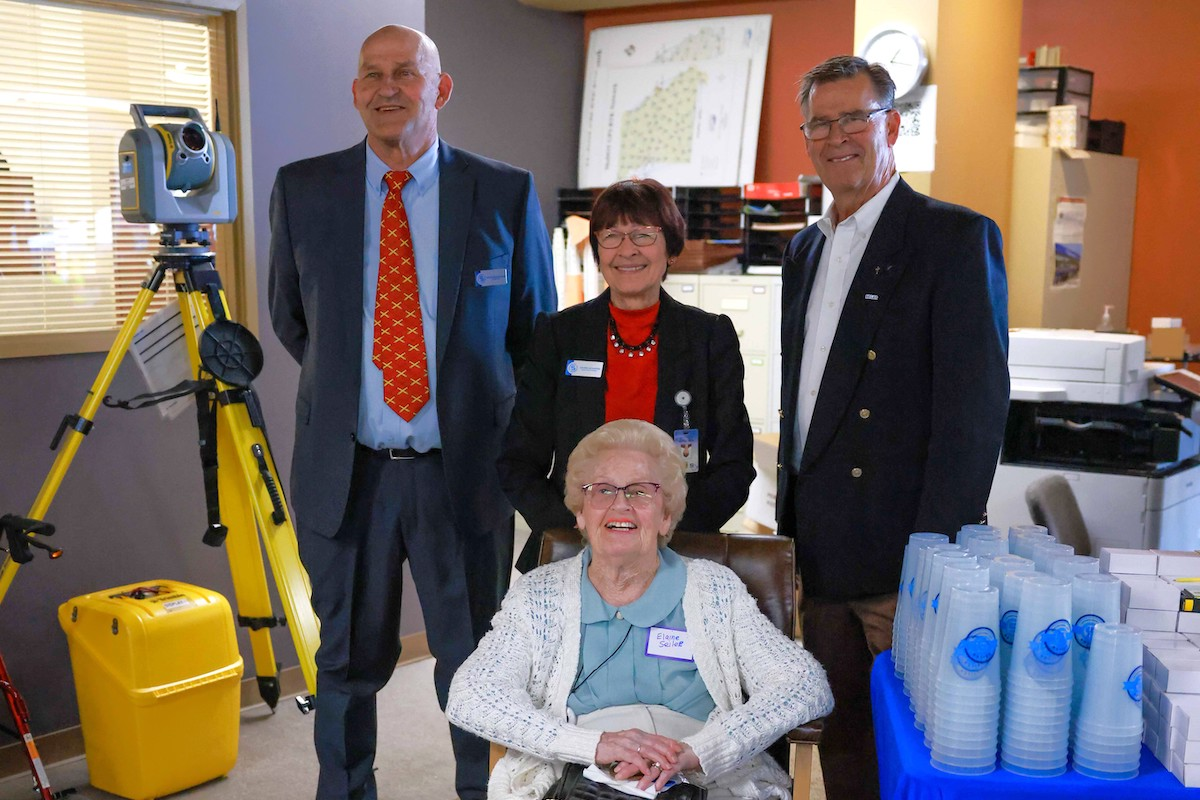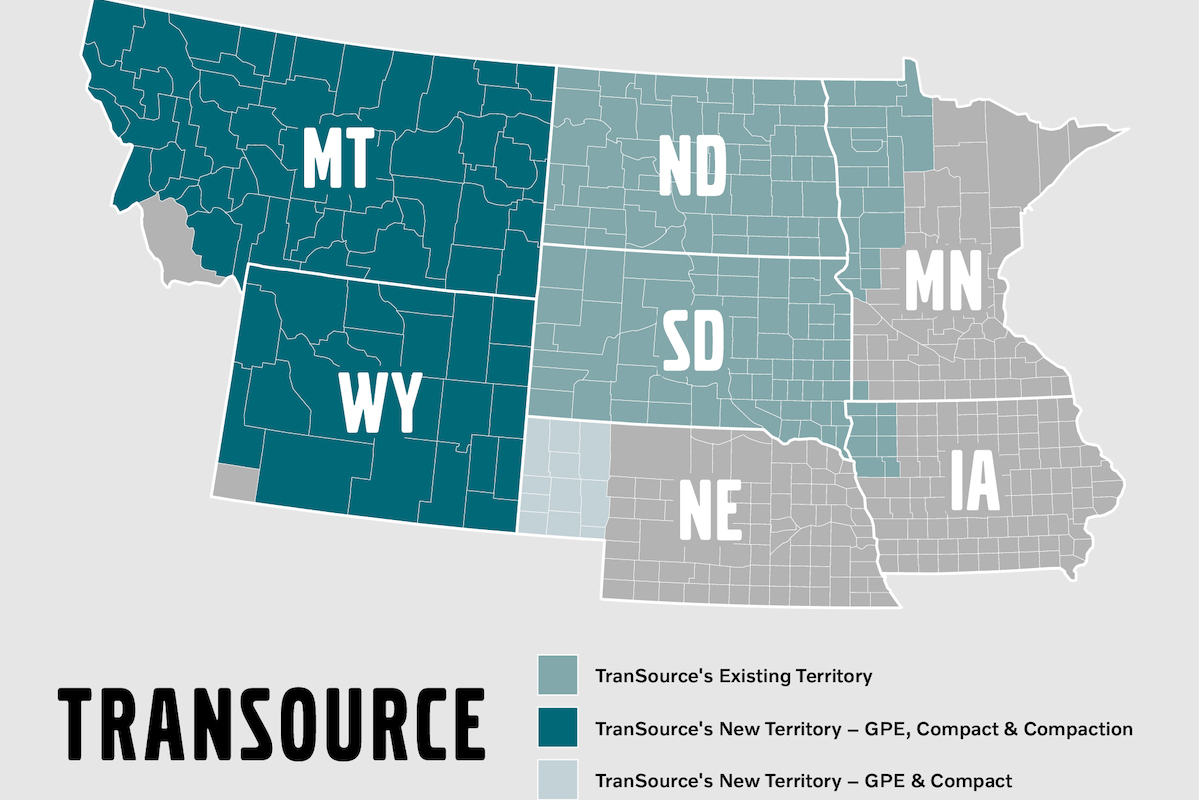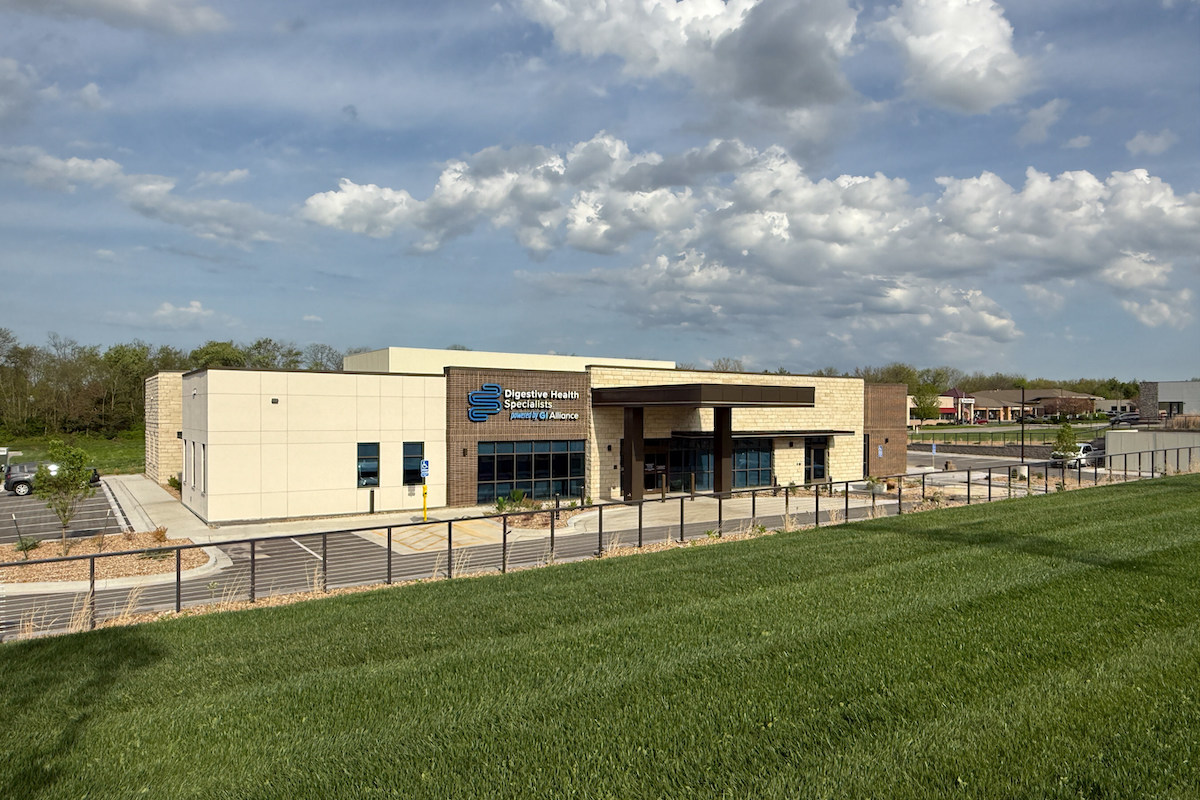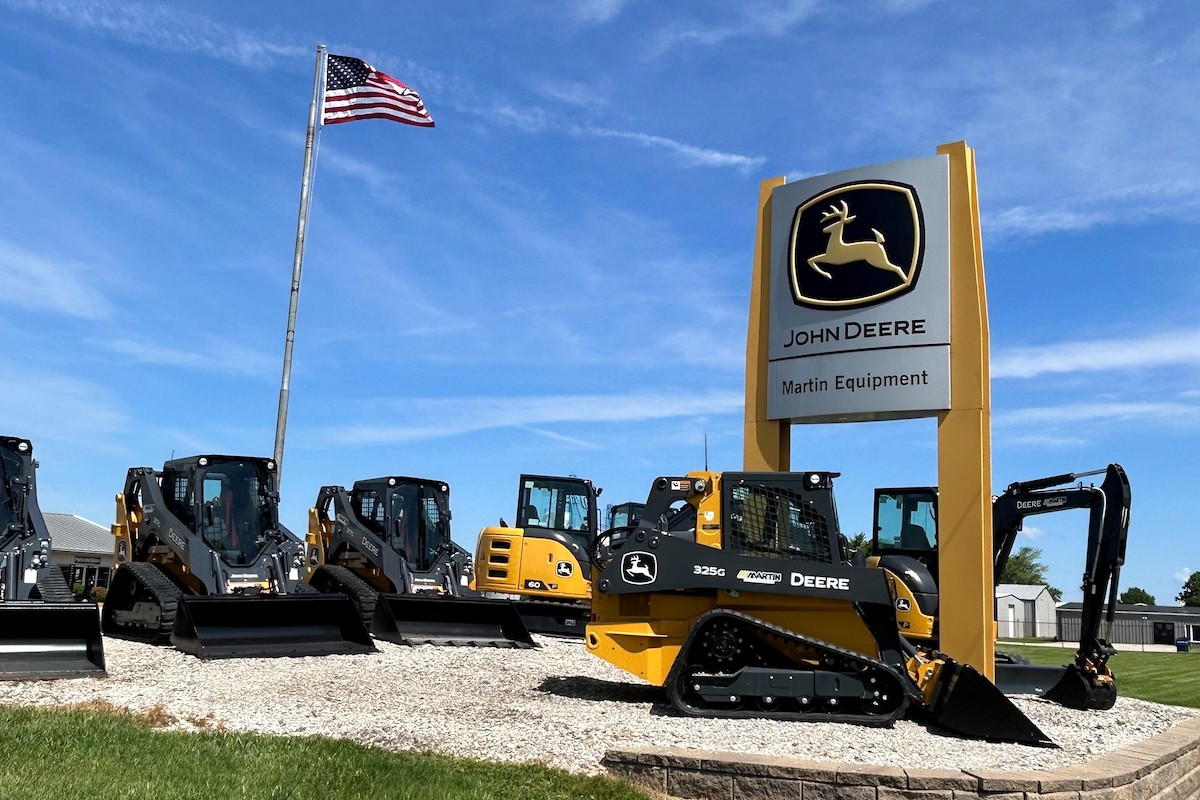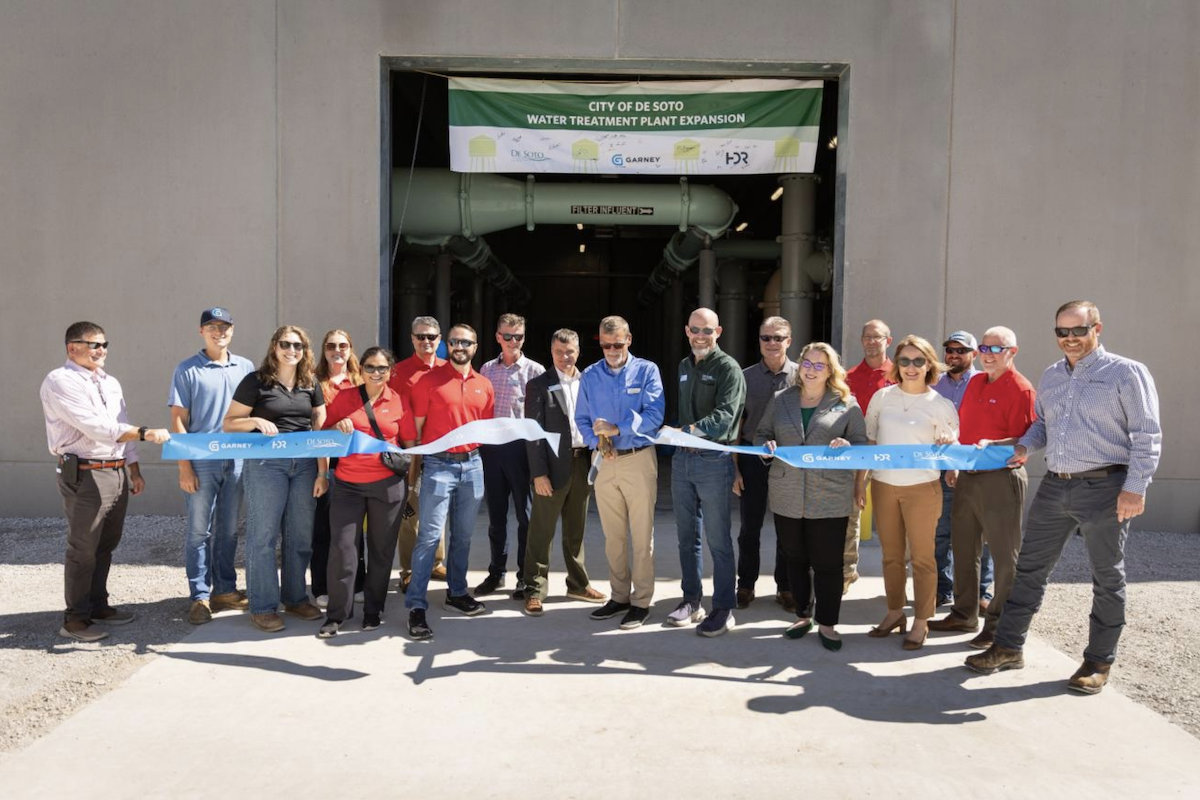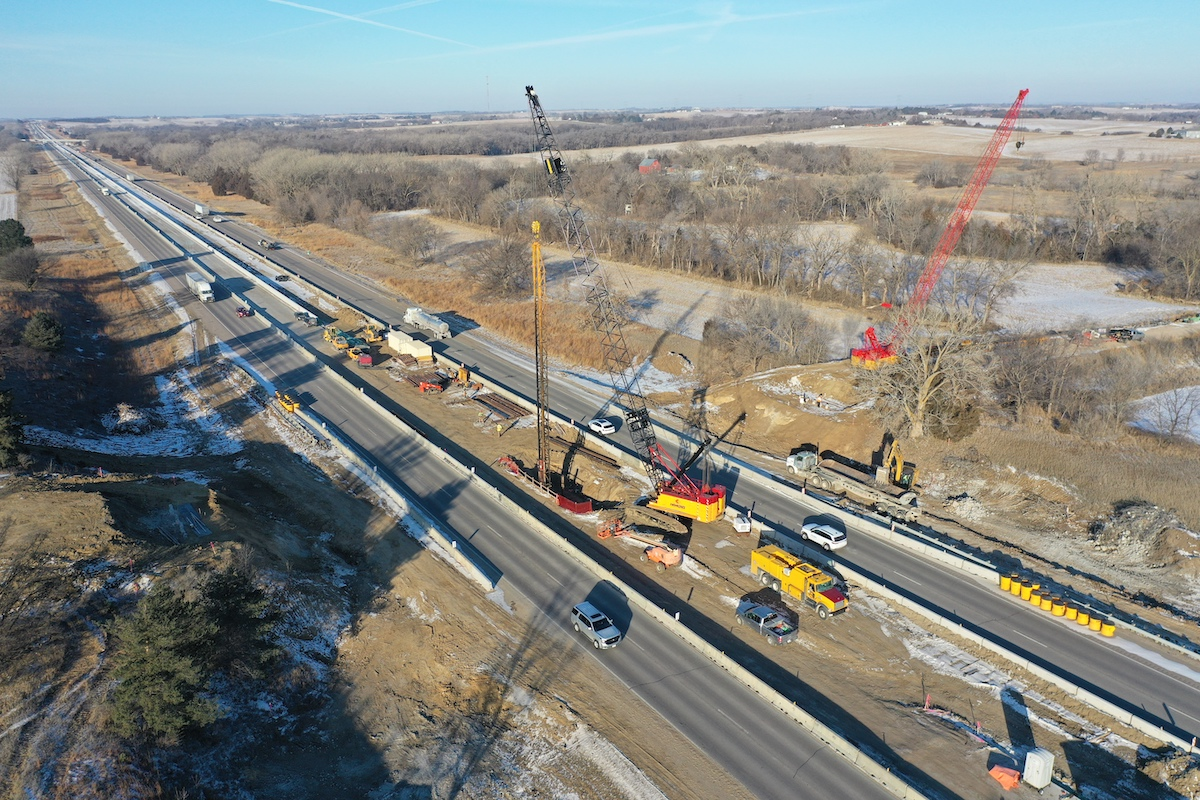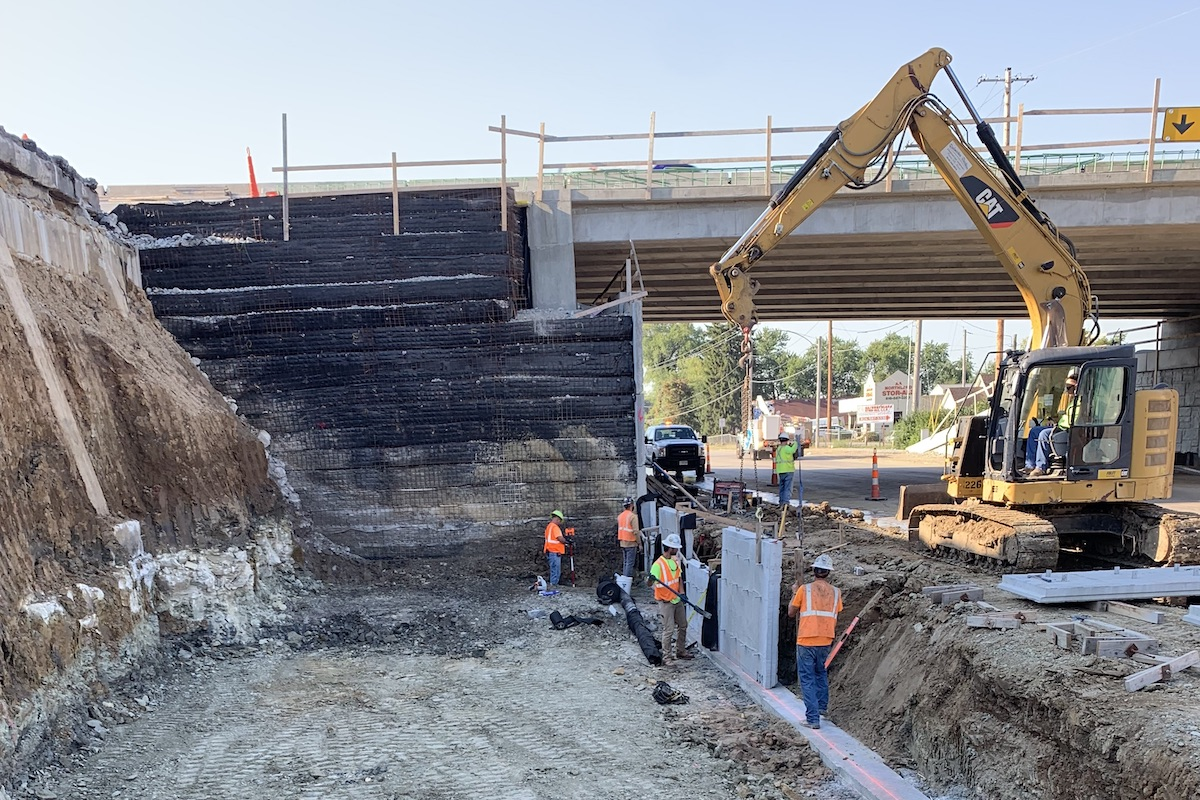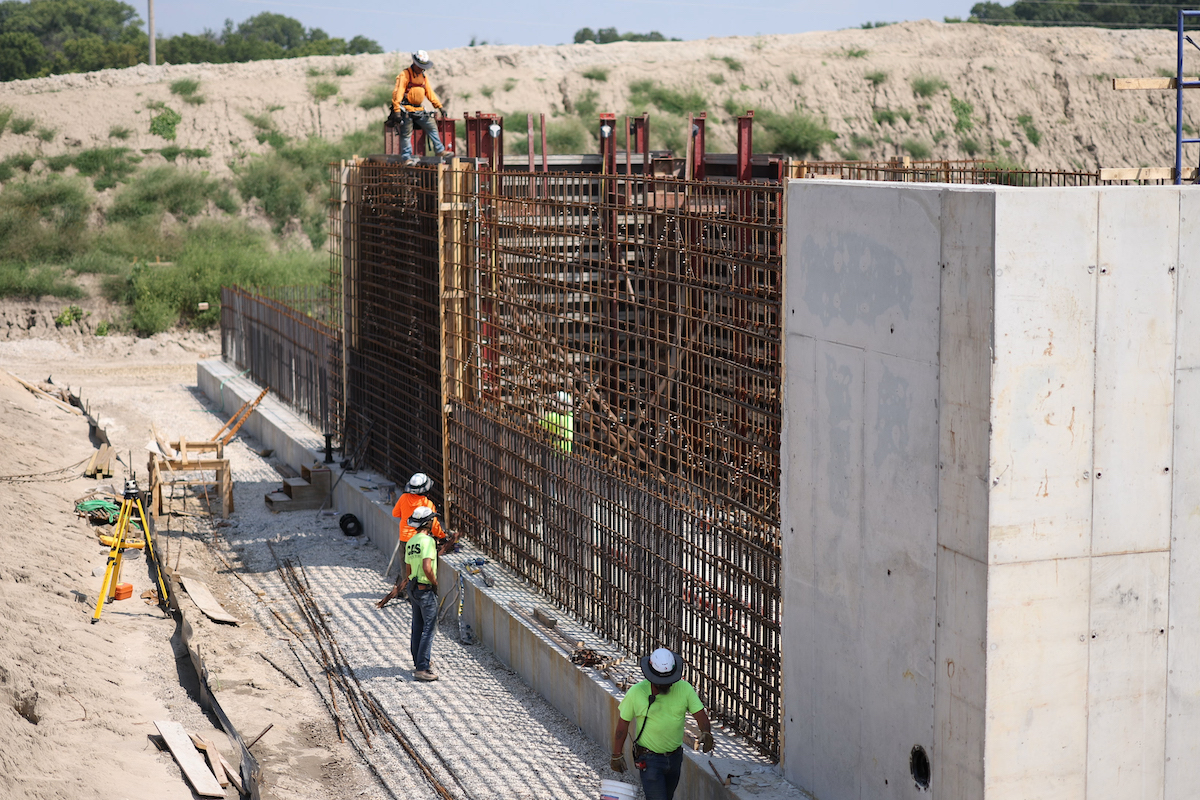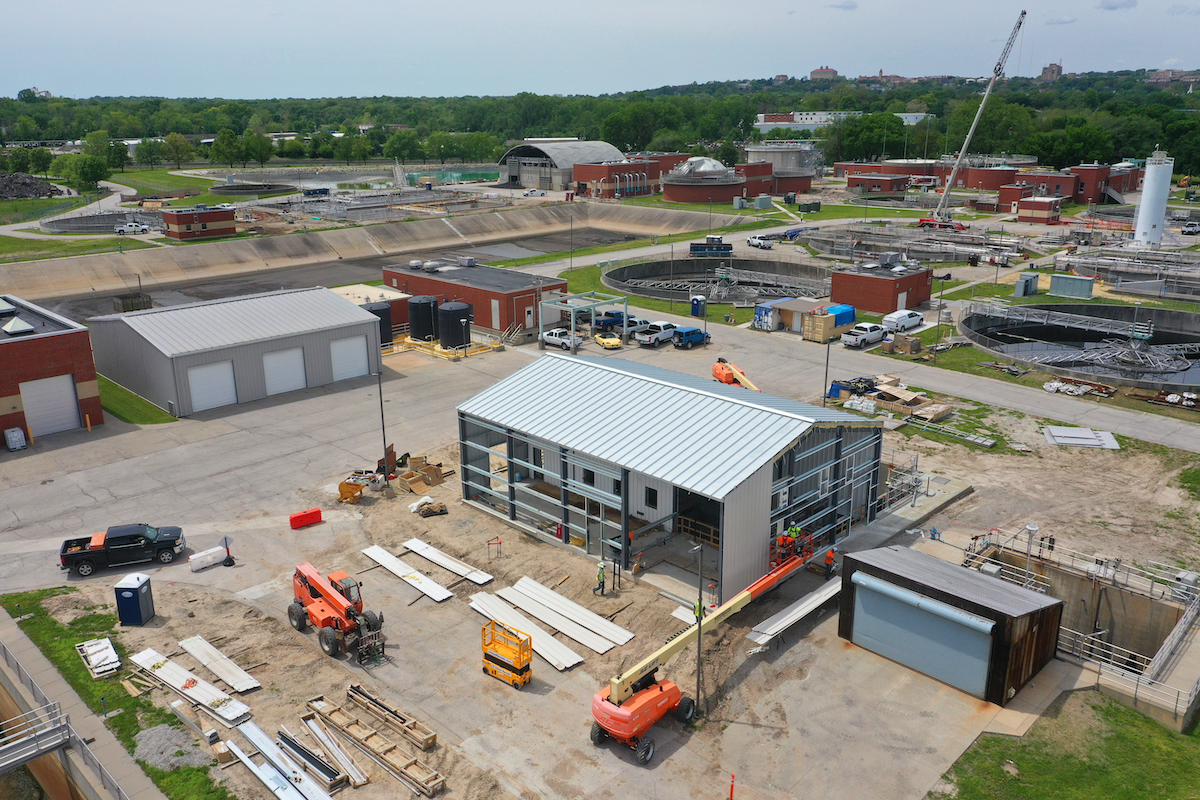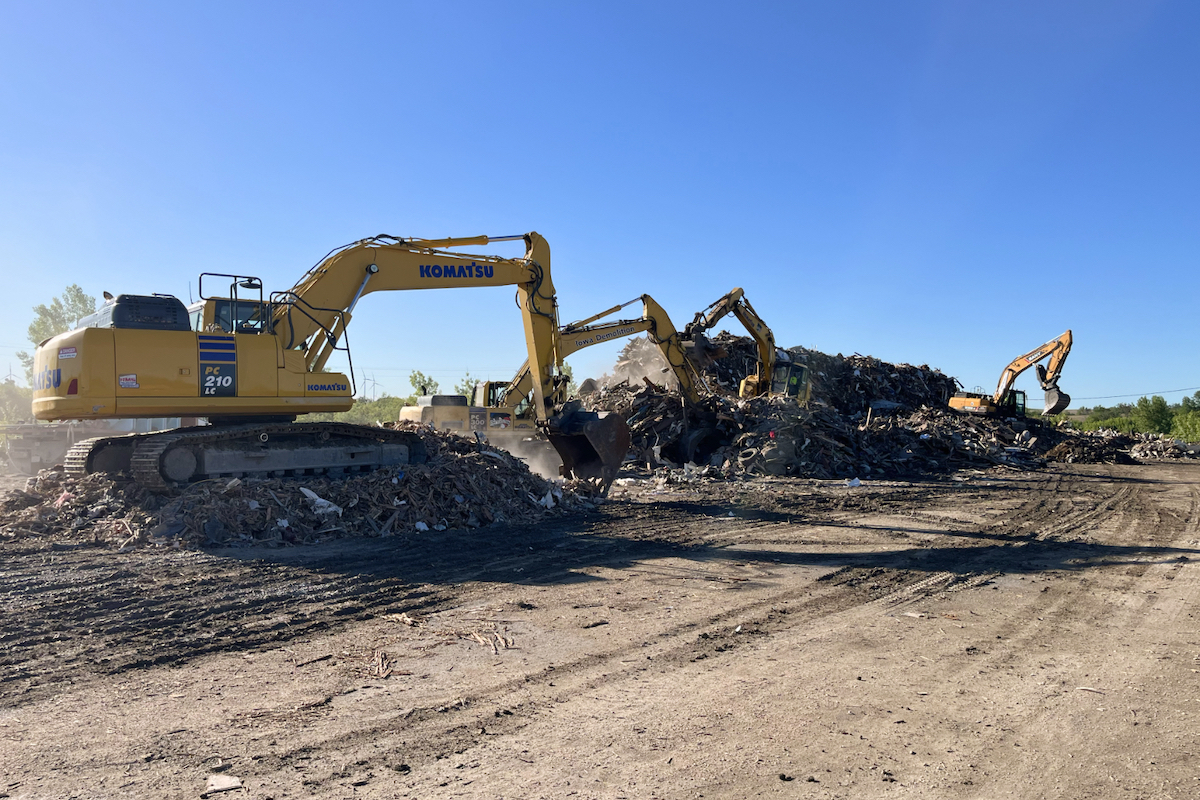The Loyola Drive at I-10 Interchange Improvements Project will modify the existing interchange at the intersection of Loyola Drive and I-10 in Jefferson Parish, utilizing Louisiana's first Diverging Diamond Interchange (DDI). The project also includes the addition of two elevated flyover ramps for access to and from New Orleans, noise walls in this corridor, two new auxiliary lanes along I-10 between Loyola Drive and Williams Boulevard, and aesthetic components including color, landscaping, and creative lighting. The interchange will be integrated into the airport's North Terminal entrance.
The projected total cost of the project is approximately $141 million (excluding all right of way acquisition and owner verification services), according to LA DOTD Project Manager Timothy Nickel. As he reports, “Funding was obtained by LA DOTD through a request for Federal Grant Anticipation Revenue Vehicle (GARVEE) bonds. The bonds will be paid back from the LA DOTD transportation budget. Funding is also provided at the local level from Jefferson Parish, the City of Kenner, Orleans Parish, Louis Armstrong New Orleans International Airport, and the New Orleans Regional Planning Commission.”
Construction on the Interchange Improvements Project began in April 2020 with Gilchrist Construction Co. LLC out of Alexandria, Louisiana as the design-builder for the project. Other primary partners include designer Stantec; Providence Engineering; and G.E.C. Among major subcontractors on the project are Durr (drainage and dirt work); Barriere (asphalt); Gonzales Rebar (steel tying); Choctaw Erectors (steel tub girder erection); EFT (slip forming rail and curb); Jack Harper (electrical, signals, ITS); and Southern Synergy (striping).
The project is currently scheduled for completion in early spring 2024, reports Gilchrist Construction Senior Project Manager J. J. Hickey, P.E. “All foundation and substructures for the flyovers are complete. We are wrapping up decks and barrier railing, and will soon begin lighting, painting, and other finish work. There are still 9 to 12 months of roadway construction before we will be able to open the flyovers. The Diverging Diamond configuration will be put into place by the time the flyover ramps are open. We are also constructing sound walls along the north and south sides of I-10 east of Loyola Drive. Once completed, we will erect panels on the west side of Loyola.”

| Your local Gehl Co dealer |
|---|
| Star Equipment LTD |
Marc Dunn, P.E., G.E.C. Civil Engineer, says a number of project milestones have been reached. “This includes all design activities, including bridge, roadway, and noise wall designs. Additionally, the flyover foundations and asphalt work along Loyola Drive – with the exception of the final mill and overlay – have been completed.”
The opening of the new terminal presented challenges for this corridor, as a significant influx of airport traffic clogged the terminal’s new access point. To aid in traffic flow along the increasingly congested Loyola Drive, LA DOTD implemented several changes immediately to alleviate the congestion along Loyola Drive. An additional lane was added at the Loyola Drive exit ramp from I-10 West, accommodating two lanes of traffic, in order to reduce congestion along the interstate as well as for drivers exiting onto Loyola Drive. An interim project was implemented, which widened Loyola Drive into the median near the Veterans Memorial Boulevard intersection. Temporary measures were implemented by LA DOTD as plans for more permanent solutions, including the new Loyola Drive/I-10 interchange, were finalized and ultimately constructed.
Gilchrist, the design-builder proposed an alternative concept – two flyover ramps and the first DDI in the state, in lieu of three flyover ramps, providing a significant cost savings. Additionally, they provided traffic studies which determined that the alternative concept would facilitate the increased traffic in the area. Says Dunn, “Several alternatives were analyzed during project type selection. The design-builder's proposed diverging diamond interchange was selected based on cost, technical score, and time. It was proven by the design-builder that this configuration would facilitate the large influx of traffic that Loyola Drive was expected to experience.
“This interchange will eliminate the need for a left turn signal at the ramps of the interstate on Loyola, thus reducing wait times for numerous vehicles and making movements through the interchange safer. Additionally, this alternative required far less land acquisition than other alternatives that had been analyzed and was significantly more cost-effective overall.”
After an environmental study was conducted in October 2018, a noise study was completed – the results indicated that to minimize noise pollution to homes and businesses within the project’s proximity, the installation of noise barriers was recommended. Their design met specific environmental requirements, Hickey reports. “The study determined the placement of the walls and the height of panels needed in each location. A total of over 125,000 square feet of panels are being erected along the corridor. Structural design of the panels includes over 39,000 feet of piling with footings and posts spaced every 25 to 30 feet. All components, with the exception of footings are being precast and delivered from off site. The panels include a unique aesthetic design that was closely coordinated with LA DOTD executive leadership.”

| Your local Takeuchi Mfg Ltd dealer |
|---|
| Kirby-Smith Machinery |
| Star Equipment LTD |
Aesthetic components, designed by Stantec, are receiving a special focus on this project, since the airport and the I-10 access are recognized as a gateway to visitors to the region. Pillars that support the flyover roadway feature a “jet-stream” motif and textured paints in specified colors. The noise barriers will also have curved and textured details.
- Over 40,000 cubic yards of excavation
- Over 70,000 tons of asphalt used
- Over 60,000 linear feet of concrete piles
- Over 12,000 cubic yards of structural concrete in the bridges
- Over 7,000,000 lbs. of structural steel
- Over 15,000 feet of concrete barrier railing
Hickey comments, “It is a very challenging project in that we are literally constructing a new interchange on top of an existing one with very little new right of way or open space to work with. We are constructing two new flyover ramps from I-10 over the top of existing Loyola Drive and the entrance road to the New Orleans International Airport terminal. The site is very congested with utilities and traffic all around.
“Another key innovation was the design of the structures and their foundations to miss several large utilities, including major fiber optic, water, and sewer lines,” Hickey says. “This approach also resulted in the innovative structure design and use of steel tub girders. The tub design was used to meet the span length requirements that resulted from the strategic foundation locations. This design approach saved a substantial amount of utility relocation time and expense and minimized service disruptions to the community."
He adds that a third innovation was the design and construction of a temporary at-grade entrance ramp to bring traffic directly from the airport terminal to I-10 east. This temporary ramp provides direct access around the center of the work area providing direct access flow to the interstate.
Weather has been another challenge – Hickey says project completion has been impacted by four named hurricanes in 2020, Hurricane Ida in August of 2021, two arctic storms in February of 2021, and above average rainfall totals for New Orleans over the course of the project.

| Your local Trimble Construction Division dealer |
|---|
| SITECH Central LLC |
| SITECH Midway |
| Fabick CAT/MO |
The pandemic brought its own set of challenges, as with most construction projects in the last three years. Perhaps the only positive aspect was the resulting lower traffic volumes on the road and from the airport, which minimized traffic accident exposures and risks for the project workforce and the traveling public.
Valerie Aymond, Gilchrist Construction Company Chief Resource Officer reports, “Remote work practices which emerged during the pandemic produced challenges in communication and accessibility, which adversely impacted our ability to reach decisions and resolve project-related issues.
“The pandemic also impacted our ability to secure materials due to supply chain issues across the nation. Across the U.S., all industries were challenged with the availability of the workforce during the pandemic as well as post-pandemic. These two challenges combined have affected our ability to schedule consistent concrete work through our suppliers, procure steel products, and have impacted the procurement and timely delivery of noise wall posts and panels.”
There have also been challenges concerning access to the construction sites. Says Hickey, “Building all structures and roadways on top of already existing infrastructure that had to be removed or relocated, etc. has been challenging, but it has been very successful. We have performed multiple full closures on I-10 and Loyola Drive to erect girders and perform deck work with very few adverse impacts.”


















